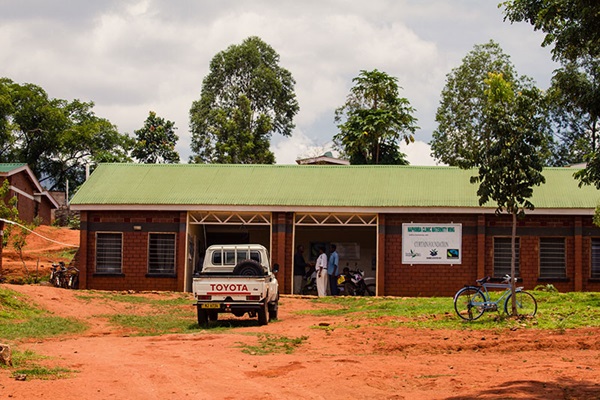SDG 9 – Industry, Innovation and Infrastructure
As part of our ongoing series of posts about the Sustainable Development Goals and Fairtrade, today we explore SDG 9, which aims to “build resilient infrastructure, promote inclusive and sustainable industrialization, and foster innovation.”
Did you know that 2.6 billion people in developing countries don’t have access to constant electricity (source)? As I sit in my air conditioned office, writing on a computer, doing research on the internet, it is easy to forget how critical infrastructure is to access. Basic infrastructure like roads, information and communication technologies, electricity, and water remains limited in many parts of the world. And without basic infrastructure, the odds are already stacked against producers trying to gain access to global markets.
In 2016, 237.5 million in Fairtrade Premium was paid to Fairtrade producers, with producers choosing to invest a significant percentage into facilities and infrastructure. Infrastructure projects such as building roads are central to the local economy and provide lifelines for scattered farming families.
Sukambizi, an organization of small-scale tea producers in the Mount Mulanje area of Malawi, shared how they chose to use the Fairtrade Premium to gain access to markets. The Premium funds were heavily invested in infrastructure to improve market access for the farmers, including the construction of bridges (shown above, images © Sukambizi Association Trust) to connect inaccessible villages with other villages and markets and the purchase of vehicles to transport produce. This greatly improved Sukambizi’s ability to get green leaf tea to Lujeri, the regional trading centre, quickly and efficiently. Almost 5,000 residents in 45 hard-to-reach villages benefitted as a result.
A majority of Sukambizi members – 70 percent of whom are women – have also invested funds in other social projects, including a new school, a maternity wing extension (shown below), and a 28-kilometre pipeline to supply twelve villages with drinkable water. “The first thing we did was to invest in the school,” says Esme Kamwende, one of the women smallholder farmer members of Sukambizi. “We believe in a future here but this is only possible if the next generation gets your support.”

You can read more about Sukambizi how Small Producer Organizations and Hired Labour Organizations invested the Fairtrade Premium in our 2018 Annual Report.
We’ve also seen other exciting projects promoting industrialization and innovation in many of the co-operatives we work with. SDG 9 states that “technological progress is also key to finding lasting solutions to both economic and environmental challenges.” Fairtrade, along with a coalition of certification schemes promoting safer pest control, recently launched a free app designed to support the reduction of highly toxic pesticide use. The new app, called Pesticides and Alternatives, brings a wealth of scientific knowledge directly to the phones of farmers and plantation managers in developing countries so they can identify the least toxic pest control methods for their crop and typical pests. You can read more about this project on Fairtrade Foundation’s blog.
Fairtrade is all about value chains and markets – shifting the balance of power in favour of the producers who grow the products we enjoy every day, allowing them to earn a sustainable income through fair and stable access to global markets. Supporting infrastructure projects and innovation is a critical part of Fairtrade’s work.